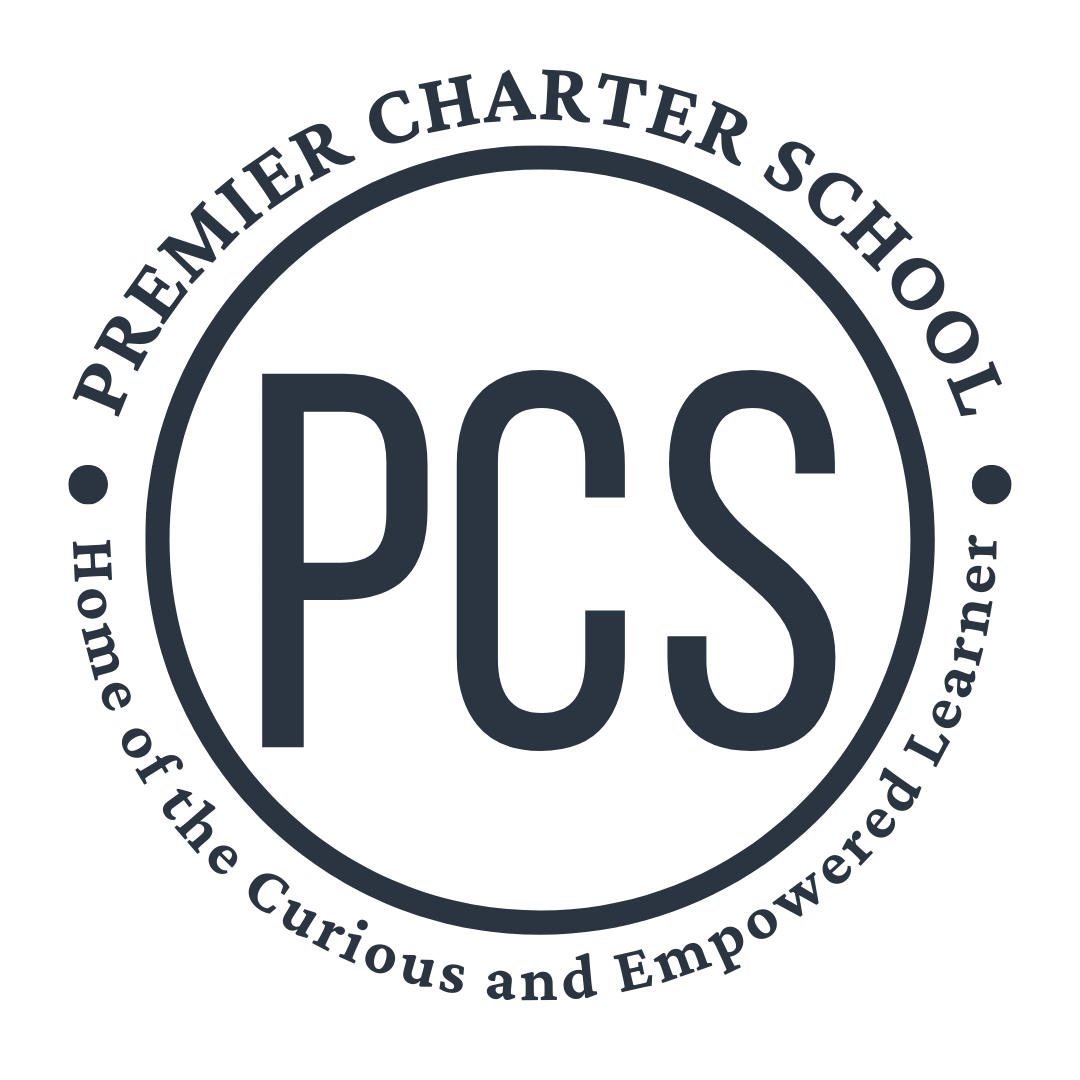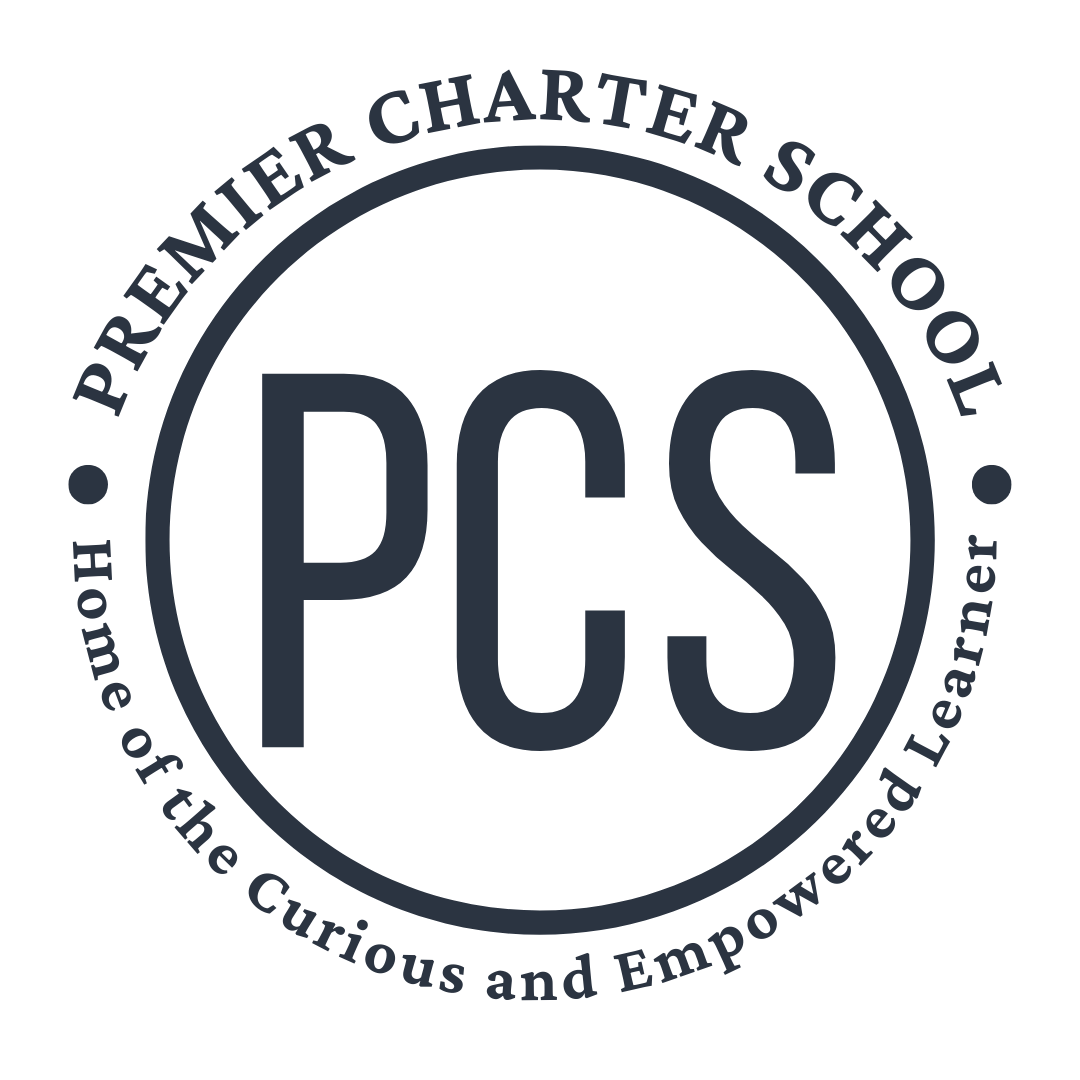Early Childhood Newsletter 9.11.2023
Gia đình PCS thân mến,
We hope that you had a wonderful weekend! We are in for some cooler weather this week and it is starting to feel like fall is around the corner. As we mentioned in last week’s newsletter, we will be highlighting a few of the things that we use to support the building of relationships and community in our classrooms and school. The first step in this is to understand ourselves better. One way we start to understand ourselves better is through the use of “Zones of Regulation”. Mrs. Madrano, PCS Occupational Therapist, has written out the following wonderful description of this program for you.
Zones of Regulation:
Zones of Regulation aims to help students identify their feelings, learn their triggers, and explore strategies to get their bodies in a healthy, regulated state. Learning these skills can be tricky, but one of our big goals at PCS is to teach our students the importance of self-regulation.
You may hear your child telling you what “Zone” they are in at home. This is what each color means:
Red Zone: used to describe an extremely heightened state of alertness and intense emotions. Emotions associated with the red zone are anger, mad, terror, or rage.
Yellow Zone: a heightened state of alertness and elevated emotions. The person in the yellow zone is more in control of these emotions than the person in the red zone. Emotions associated with the yellow zone are frustration, anxiety, feeling silly or wiggly, nervous, or even excited.
Green Zone: when a student is in the green zone, it is easy for them to focus and play with friends. It is a calm and organized state. Feelings associated with the green zone are happy, focused, ready to learn, and content. Optimal learning occurs in this zone.
Blue Zone: describes low states of alertness and down feelings like being sad, tired, sick, or bored.
A key component of the Zones of Regulation program is to make sure that none of the Zones are labeled as “bad” or “wrong.” We’re all human beings and we have all experienced each of the Zones. It is important for adults to label their emotions and talk through strategies that help regulate them as a model for the students.
If you are interested in more information, check out the website www.zonesofregulation.com
Additionally, you can ask your child’s teacher for a copy of the “zones” chart for use in your home.
Counselor's Corner from Ms. Walsh:
The school year is now off and running, which means all involved could most likely use a refresher on regulating big emotions. For years now, we’ve been hearing information regarding the importance of self-regulation, and, as of late, there’s been a bit of a buzz regarding co-regulation. This latter term is of equal importance in that young ones learn how to self-regulate through the example set by adults around them. Co-regulation in early childhood occurs when parents or caregivers provide children with supportive and responsive interactions that help them model appropriate behavior and self-soothe in times of stress. Within the PCS community, teachers and support staff are continuously educated on the importances of, as well as, best practices regarding both co-regulation and self-regulation. If you feel you’d like to educate yourself further on these important areas of human development, please click the link below for a quick 5 min video!
Co-regulation: What It Is and Why it Matters
Drop Off and Pick Up Reminders:
Now that we are a few weeks into the school year, we wanted to reiterate that our morning drop off process does not begin until 8:00 am. Our morning duty staff are not outside to supervise drop off until 8:00 am. In the interest of student safety, please do not leave your child(ren) unsupervised before morning duty begins.
We recently revised our late pick up policy because of an increase in students being picked up after our dismissal ends at 3:35. We also have a significant number of unsupervised children in the morning and would like to avoid an additional revision of our drop off/pick up policy. We appreciate your support in this matter as we work to keep all of our students safe.
Family Involvement Opportunity:
Upcoming dates:
September 11 - Board Meeting 4:30 pm
September 14 - Fire Drill
September 12 - PCG Meeting 6:00 pm
September 21 - Intruder Drill
September 22- NO SCHOOL - PD day
Have a wonderful week! Please reach out if you need anything!
Vui lòng
Jodi and Mary
e: jhuber@premiercharterschool.org p: 314.645.9600 x 609
e: mgeorge@premiercharterschool.org p: 314.645.9600 x 613



